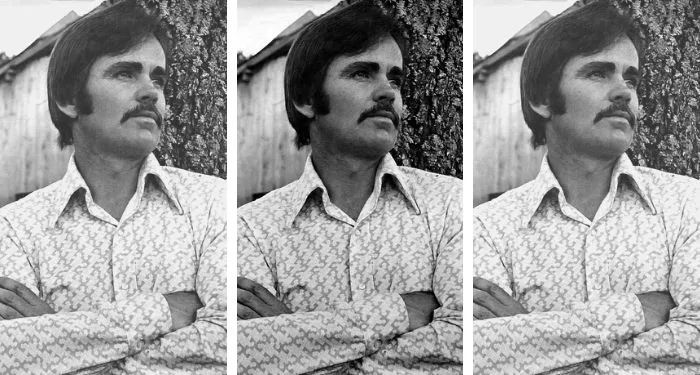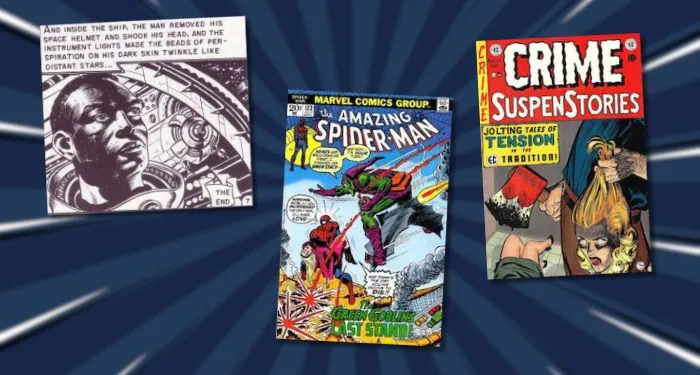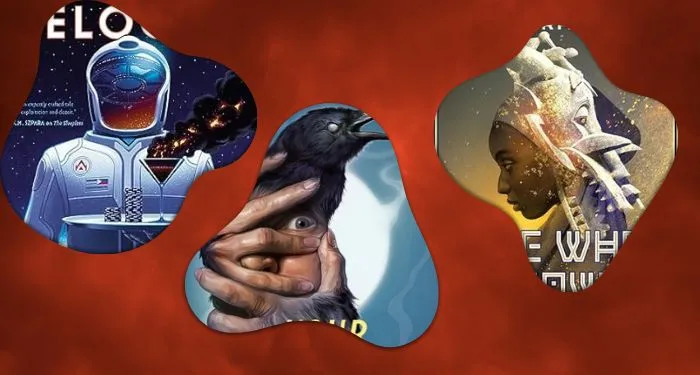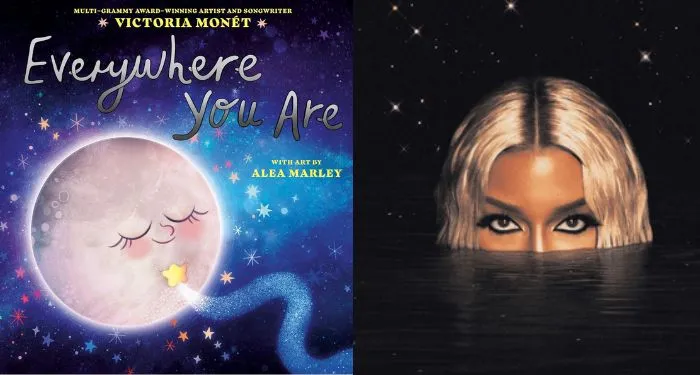A Dualistic Unity Book
Proof That You’re God guides readers to dissolve limiting beliefs and the illusion of a fixed identity, empowering them to embrace their true nature as interconnected, boundless awareness.
From the hosts of the Dualistic Unity podcast and creators of the Dualistic Unity Life Troubleshooter on ChatGPT, this groundbreaking book challenges everything you think you know about yourself, reality, and the nature of existence.
What if you are God? Not in some metaphorical sense, but in a very real, literal way. Proof That You’re God isn’t just another spiritual or philosophical text—it’s an invitation to explore the possibility that you, in your everyday life, are the eternal, omnipresent, and unifying awareness that has often been called “God.”
Bold? Absolutely. Controversial? Without a doubt. But the hosts of the Dualistic Unity podcast have spent countless hours diving into the nature of identity, self-awareness, and the profound interconnectedness of all things. In this book, they guide you through a journey of self-discovery, peeling back the layers of conditioning, ego, and belief systems that keep you from recognizing your true divinity.
Designed for skeptics, seekers, and curious minds alike, this book is not about pushing a belief system or asking for blind faith. Instead, it offers reflections, exercises, and insights that encourage you to question everything, challenge your assumptions, and discover the unifying truth within. Whether you’re familiar with the Dualistic Unity podcast or new to these ideas, this book will provoke thought, spark reflection, and lead you toward a deeper understanding of who you really are.
Are you ready to remember your divinity? Take your time with this exploration—it’s not for the faint of heart, but the insights you’ll gain are worth the journey.
Excerpt from Proof That You're God © Copyright 2024 Dualistic Unity
Who are you when you stop telling yourself who you are? Pause for a moment, close your eyes, and envision your life as a blank page, free from the endless narrative you've been repeating. Without the stories imposed by others or yourself, what remains?
It’s a deceptively simple question, but one that most people never stop to consider. We move through life, carrying the weight of our past, our roles, our expectations, and the stories we’ve been told since childhood.
Over time, countless self-help strategies have emerged to address this perceived problem of identity, treating it as though it’s something fundamentally broken that needs fixing. Popular methods often focus on reshaping habits, rewiring thought patterns, or setting goals based on who we think we should be. The underlying assumption is that we are the sum of our behaviors, thoughts, and past experiences—that our identity is a fixed construct made up of parts that can be rearranged or optimized. Modern interpretations of the word ego—originally a term rooted in psychological theory—have become shorthand for everything from self-importance to insecurity, with many self-help systems offering ways to “tame” or “overcome” the ego. These approaches treat the ego as the problem to be solved, like an organism of its own living within us, rather than simply the tendency to think of ourselves as a fixed self.
But what if this fixation on the self and self-improvement is missing the point entirely? Instead of recognizing that we are ever-changing, fluid beings, many strategies reinforce the illusion that we are defined by the stories we've inherited and told ourselves. What if, rather than trying to fix who we are, the real freedom lies in questioning whether those stories are based on any truth at all?
Throughout history, many have questioned the idea of a fixed, unchanging self. From ancient traditions to modern thinkers, people have long recognized that who we are is not set in stone, but shaped by our experiences. This idea suggests that your identity is not something you are born with or something you inherit from society—it’s a living, evolving narrative. Nietzsche, for example, argued that the self is not stable but is constantly in flux, reshaped by every moment. The belief that you are a fixed entity may feel comforting, but it often becomes a psychological and cultural trap, holding you to roles and expectations that no longer fit or serve you.
As you navigate life, you will continue to find that you are not defined by your past, your roles, or the stories others have told about you. While these factors may have shaped how you see yourself, they do not capture the entirety of who you are. Whether you realize it or not, much of your sense of ‘self' is shaped by external forces—family, society, and circumstance. It’s time to consider whether these labels truly reflect who you are in this moment. The notion of a fixed, unchanging self may feel reassuring because it offers certainty in an unpredictable world. But this certainty can also become a trap—limiting you to outdated, superficial definitions that do not reflect your potential.
It's time to embrace the limitless potential of your ever-changing story, knowing you can rewrite it with each experience. The tales that once defined you were simply chapters—now, you hold the pen to craft something new.
The self you think you are is much like a rough draft—pieced together from the stories you’ve been telling yourself, or been told, all your life. These narratives often sound familiar: “I’m a good person,” “I’m not good enough,” or “I always fail.” These beliefs shape your sense of identity and dictate how you approach your life, influencing your decisions, your reactions, and even your sense of success or failure. But what if these stories aren’t reality? What if they’re just early drafts, full of revisions waiting to be made? When you step back and ask yourself whether these stories are serving you, you create space to rewrite them.
If you think about it, many of the stories you cling to are not even your own. Much of the identity you hold onto—whether tied to your career, relationships, or personal traits—has been shaped by external forces: family, society, and circumstance. While it may seem comforting to hold onto a fixed sense of who you are, this often becomes a trap—a limiting narrative that keeps you stuck. Rather than seeing yourself as confined by these definitions, recognize that you are a blank page, capable of being rewritten with each new experience.
Take the story of Viktor Frankl, a Holocaust survivor who faced circumstances that wiped his previous identity clean, leaving him with nothing but a blank page. In the depths of unimaginable suffering, he discovered that his true freedom didn’t depend on his external situation—it was rooted in his ability to rewrite his story. Frankl chose to see himself not as a victim of circumstance, but as someone capable of finding meaning, even in the darkest times.
Frankl’s experience demonstrates that the stories we tell ourselves are never permanent, despite how immutable they might seem. They are rough drafts, waiting for us to rewrite them. The power lies in recognizing that these narratives are only as strong as we allow them to be. When we shift our attitude towards them, we can reshape the way we see ourselves, regardless of external challenges.
For years, Jim Carrey was known as a funny man—a persona the world adored. But as he once revealed, the person behind that role felt trapped. While Frankl was stripped of his identity by external circumstances, Carrey found himself imprisoned by a character he had helped create.
He was always performing, not just on stage, but in life. The comedian, the celebrity, the man the world admired—it was all a carefully crafted identity. But beneath it, he felt empty.
You were born with wings, why prefer to crawl through life?
—Rumi
“I think everybody should get rich and famous and do everything they ever dreamed of, so they can see that it's not the answer,” Carrey once said. After years of playing a role, he came to a realization: the “self” he thought he was—famous, adored, validated by others—was only as real as his commitment to it. It was just a story. And stories can be rewritten.
My profession is online marketing and development (10+ years experience), check my latest mobile app called Upcoming or my Chrome extensions for ChatGPT. But my real passion is reading books both fiction and non-fiction. I have several favorite authors like James Redfield or Daniel Keyes. If I read a book I always want to find the best part of it, every book has its unique value.




















 English (US) ·
English (US) ·